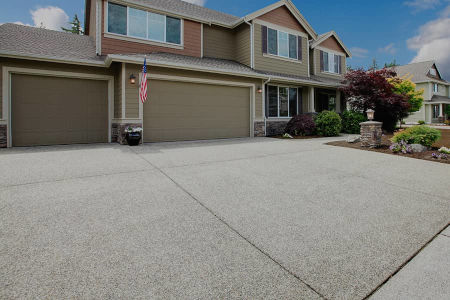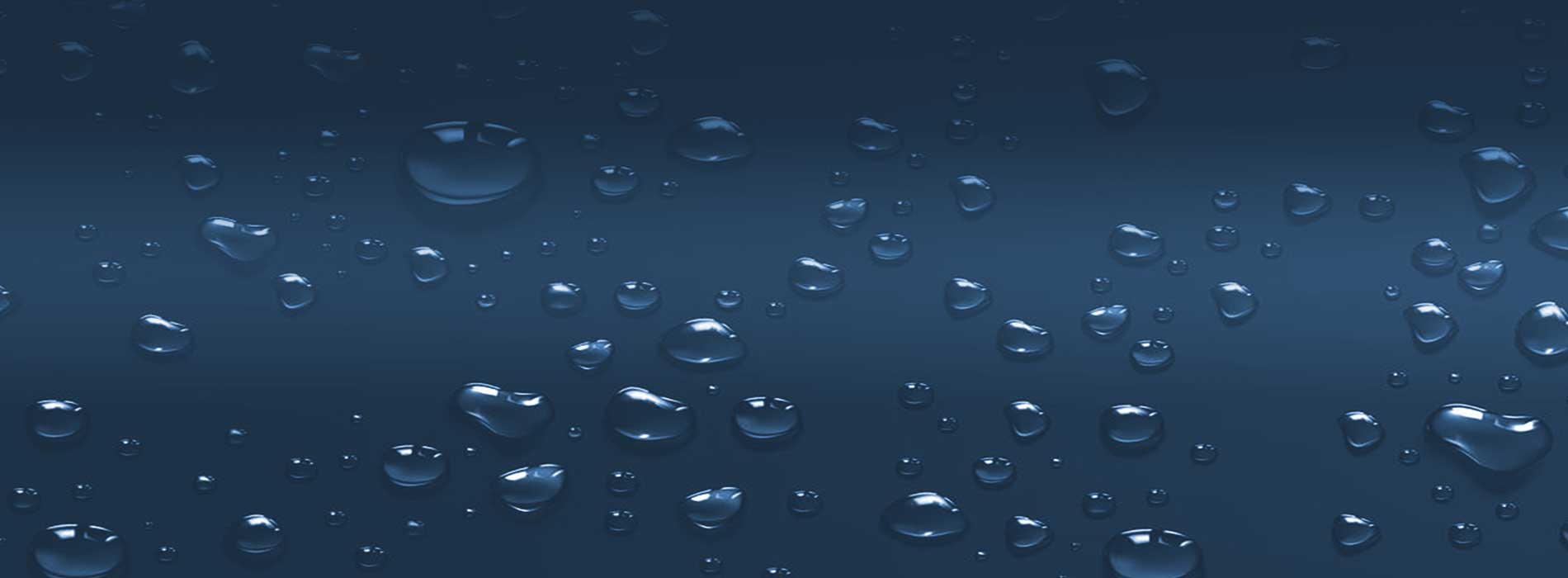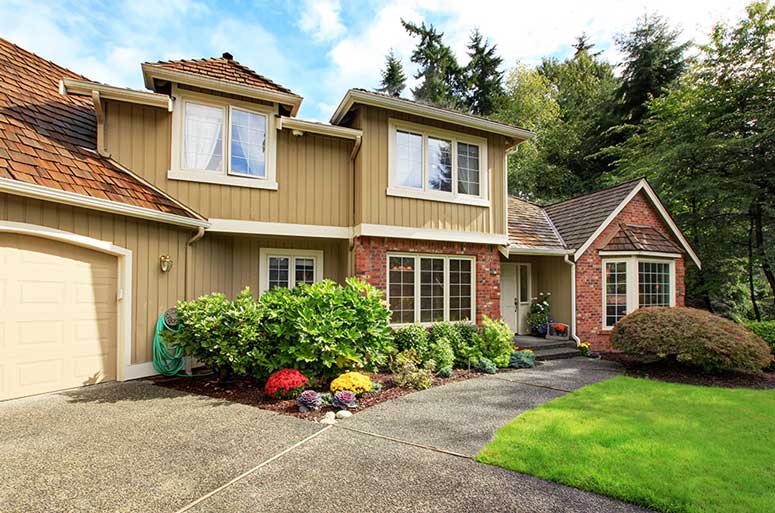Driveway Cleaning in Upstate SC: Oil, Rust, and Red Clay: What Works on Each?

If your driveway in Spartanburg looks blotchy, streaked, or orange in spots, you are not alone. Our soils, humidity, and traffic patterns create a perfect storm for stains that never seem to budge. This guide explains how professionals approach oil, rust, and red clay so you know what to expect from a proper service. When you are ready for a safer, longer‑lasting result, book expert driveway cleaning with Dillenger Pressure Washing.
Here in neighborhoods like Converse Heights, Hillbrook, and Duncan Park, we see three stubborn culprits over and over. Each one behaves differently on concrete, asphalt, pavers, and exposed aggregate. That is why pros adjust chemistry, dwell time, and water temperature to match the stain and the surface rather than blasting everything the same way. Done right, the clean is even, the pores are rinsed, and the driveway looks brighter without etching or streaks.
Why stains behave differently in Upstate SC
Stains are not just “dirt.” They are substances that bond to the pores of your driveway. Oil seeps into concrete like a sponge. Rust comes from iron in well water or metal that oxidizes and leaves orange tracks. Red clay is a mineral-rich soil common from Spartanburg to Boiling Springs, and it can tint concrete the same way a dye does.
- Oil and grease are petroleum based and migrate below the surface if left alone.
- Rust is iron oxide that bonds to mineral-rich surfaces and shows up as orange or brown streaks.
- Red clay contains iron that can act like a pigment inside porous concrete.
Using one cleaner or high pressure on every stain is risky. The wrong approach can drive contamination deeper or leave permanent wand marks.
Oil stains: how professionals get a uniform finish
Oil shows up as dark spots where cars park, especially near garages in Roebuck, Lyman, and Inman. The goal is to break oil apart so it can be lifted out of the pores, then rinse everything evenly so there are no halos. Pros typically apply a targeted treatment and allow it time to work. Heat can help on tough, long‑set drips. The surface is then cleaned with the correct pattern and pace to avoid striping.
What to expect from a pro visit:
- A stain‑specific application that targets petroleum without damaging the slab.
- Uniform passes with a surface cleaner for an even, non-streaky look.
- Attention to high‑traffic areas near the curb and garage apron for a consistent shade.
If a spot has been there for years, a light “shadow” can remain after the first cleaning because oil can sit deep in the capillaries. A follow‑up pass or periodic maintenance can reduce that shadow over time. Avoid harsh solvents on your own driveway. They can soften asphalt or discolor concrete, and they often spread the stain instead of removing it.
Rust stains: from irrigation and metal
Rust stains are common near sprinkler heads, hose bibs, well-water splash zones, and metal furniture. You will notice orange arcs along the sidewalk in neighborhoods like Boiling Springs and Moore, especially after a dry spell followed by watering. Professionals use a rust-specific treatment that reacts with iron oxide so it can be rinsed away without grinding the concrete.
Good rust removal looks clean at the edge of the stain, not bleached in one spot and dark around it. That evenness comes from matching the cleaner to the surface and letting it dwell the right amount of time. Generic bleach is not a rust remover. It can lighten organics, but it will not dissolve iron bonds and can create patchy color.
Red clay: the Upstate’s most stubborn driveway tint
From Spartanburg to Chesnee, red clay is part of life. It tracks in on tires and gets washed onto driveways after storms. Because the clay contains iron, it can behave like a dye when it settles in concrete pores. The fix is not more pressure. It is a targeted treatment that addresses both the soil and the iron tint, followed by careful cleaning so the slab looks even from the garage to the street.
On exposed aggregate, red clay can settle between the stones. The treatment needs contact with those low areas, which is why even water distribution and controlled rinse patterns matter. If your driveway is exposed aggregate, you can learn more about how this surface behaves in our post on exposed aggregate driveways.
Surface type matters: concrete, exposed aggregate, pavers, and asphalt
Not all driveways want the same strategy. Standard broom‑finish concrete accepts treatment well but can show lines if rinsed too fast. Exposed aggregate needs gentler pressure and careful overlap so the stones do not pop. Pavers can trap sand and require controlled rinsing so the joints stay stable. Asphalt is softer and reacts to petroleum‑based products differently than concrete.
In short, the best result comes from adjusting the plan for each material. That is why a seasoned technician looks at your driveway first, notes where stains collect, and sets up a safe process before any cleaning begins. If seasonal growth is part of the problem, this article on mold and algae on exterior surfaces explains why our climate feeds those dark streaks.
When should Spartanburg homeowners schedule driveway cleaning?
Timing matters in the Upstate. Spring arrives with heavy pollen that sticks to concrete, especially under trees in Oak Creek and near Duncan Park. Early summer heat makes water flash dry, which can affect how cleaners perform. Fall is popular for pre‑holiday refreshes after leaf drop. Many homeowners tie driveway cleaning to house washing so everything looks uniform for events and real estate photos.
If you are planning seasonal maintenance, see our post on the best time to use soft washing. The same logic helps your driveway too. Scheduling avoids peak pollen days and extreme midday heat, which helps produce a more even finish.
What a professional visit from Dillenger Pressure Washing looks like
While every property is unique, there is a consistent rhythm to a well‑run driveway appointment. A technician confirms the surface type, identifies stain sources, and protects nearby landscaping and fixtures. The treatment is applied to match oil, rust, and red clay as needed. Then the cleaning happens with the right tool for your surface so the shade is even and the finish feels consistent underfoot. The rinse is planned so dirty water does not track back onto clean areas.
Safety matters. Professional crews plan traffic flow so family cars, delivery vans, and pets are safe while work is underway. Overspray near garage doors, steps, or brick columns is managed with shields and controlled patterns. If you have irrigation, it is best to avoid running it the day of service so fresh water does not react with stain treatments.
Most single‑family driveways in Spartanburg can be cleaned in a single visit. Larger parking pads or long rural drives near Inman or Woodruff may take longer. The key is a process that balances chemistry and controlled cleaning so the result looks consistent from every angle.
Curb appeal and protection you can see
Fresh concrete simply makes a property feel cared for. A clean parking area improves first impressions in neighborhoods like Fernwood and Carolina Country Club. It also helps reduce slip hazards from algae in shaded spots and makes the garage entrance look tidy. Pairing the driveway with front walk and steps keeps the tone consistent for guests and photos.
Benefits homeowners notice after service:
- Brighter, more even color from garage to curb
- Reduced slip risk in shaded or north‑facing areas
- Less transfer of grime into garages and entry mats
- A cleaner canvas for landscaping and seasonal decor
For many families, the driveway is where basketball happens, bikes get parked, and chalk art appears. Keeping it clean makes those everyday moments look and feel better.
Who should you call for driveway cleaning in Spartanburg?
Look for a company that can identify stains on sight, explain the plan in plain language, and put protection first. Reviews from nearby areas like Boiling Springs and Moore can show how similar driveways turned out. A provider should also tailor their approach for your surface type and stains instead of using the same mix everywhere.
If you want a result that looks great right away and holds up, choose a team that treats the stain before cleaning and uses tools designed for even passes. You can explore our approach to professional driveway cleaning to see how Dillenger Pressure Washing handles oil, rust, and red clay on Upstate surfaces.
Ready to refresh your driveway?
Restore a bright, even finish that lifts your whole property. Get reliable pressure washing in Spartanburg, SC, from a local crew that understands Upstate soils and weather. Call Dillenger Pressure Washing at 864-761-6589 to schedule or request your visit today.
Want immediate curb appeal without the hassle? Book your slot now and let our team handle the chemistry, cleaning, and care from start to finish.
When you are ready, schedule your driveway cleaning in Spartanburg with us!


